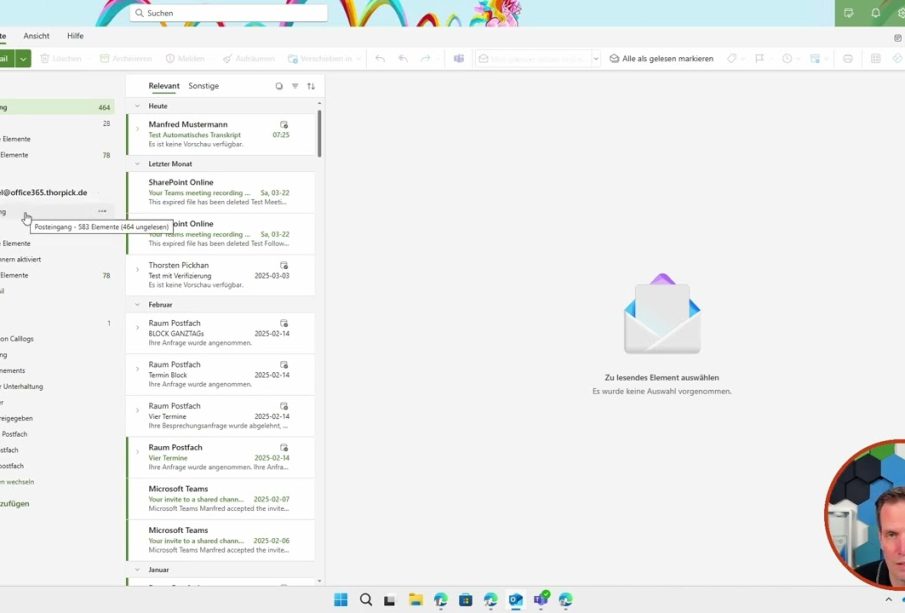Understanding the Future Outlook: Trends and Predictions

The Importance of Future Outlook
In today’s rapidly changing world, understanding the future outlook regarding economic, environmental, and social trends is paramount. Businesses, policymakers, and individuals alike rely on accurate forecasts to make informed decisions. The ability to anticipate future challenges and opportunities can significantly impact strategic planning and resource allocation.
Current Economic Trends
Recent reports from leading financial institutions have provided insights into the economic outlook for the upcoming year. A key point highlighted by the International Monetary Fund (IMF) is the prediction of global economic growth at around 3.2% for 2024, driven primarily by advancements in technology and increased consumer spending.
However, concerns over inflation still loom large, particularly in developed economies. The Bank of England recently stated that while inflation rates are gradually declining, they remain above the target level, prompting predictions of continued interest rate adjustments. This uncertain economic climate is forcing companies to reconsider their operational strategies and workforce planning.
Environmental Outlook
A significant aspect of the future outlook involves environmental concerns, particularly climate change. The latest reports from the Intergovernmental Panel on Climate Change (IPCC) indicate that without immediate action, global temperatures could rise by 1.5°C within the next two decades. This has prompted governments and businesses to align with sustainability goals, emphasizing renewable energy and carbon reduction initiatives.
Technological Advancements
The outlook for technology indicates a substantial shift towards automation, artificial intelligence (AI), and the Internet of Things (IoT). Experts predict that by 2025, AI could generate an additional $15.7 trillion to the global economy. Companies are investing heavily in these technologies to improve efficiency and reach consumers in new ways. The ongoing digital transformation is essential for businesses striving to remain competitive.
Social Trends
On a social front, trends indicate an increasing focus on mental health and remote work. The COVID-19 pandemic has accelerated the shift towards greater work-life balance, prompting many organisations to adopt hybrid work models. Surveys show that employees now prioritise flexible work arrangements, leading to ongoing changes in workplace culture and policy.
Conclusion: Preparing for the Future
The future outlook is a mosaic of opportunities and challenges across various sectors. By staying abreast of economic indicators, environmental policies, technological advancements, and social changes, stakeholders can better prepare for what lies ahead. As we continue into 2024 and beyond, adaptability will be crucial for navigating the complexities of an ever-evolving landscape.








